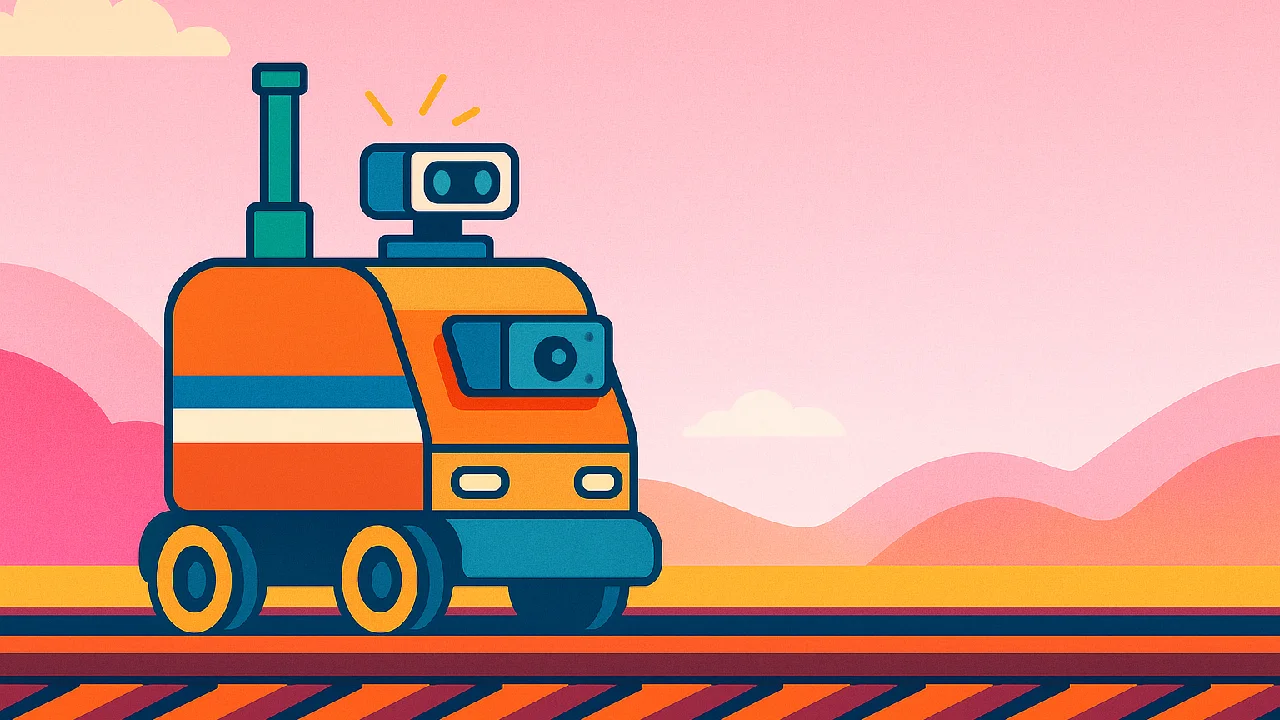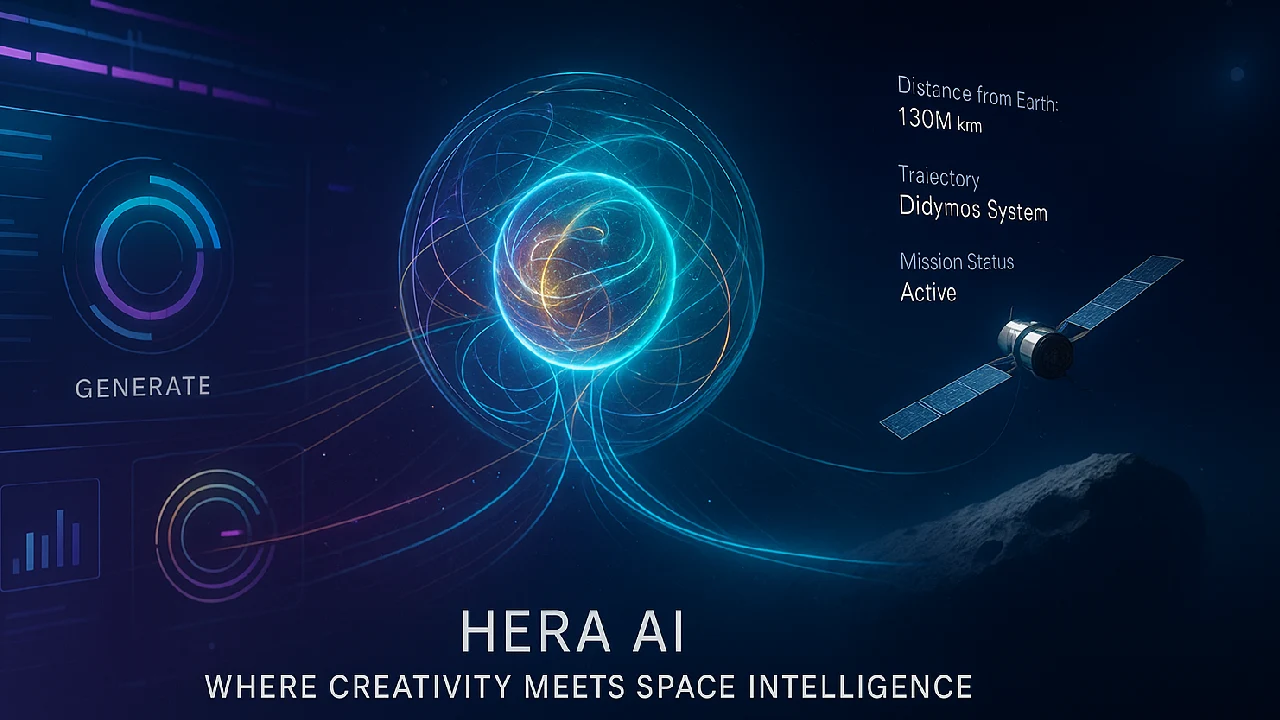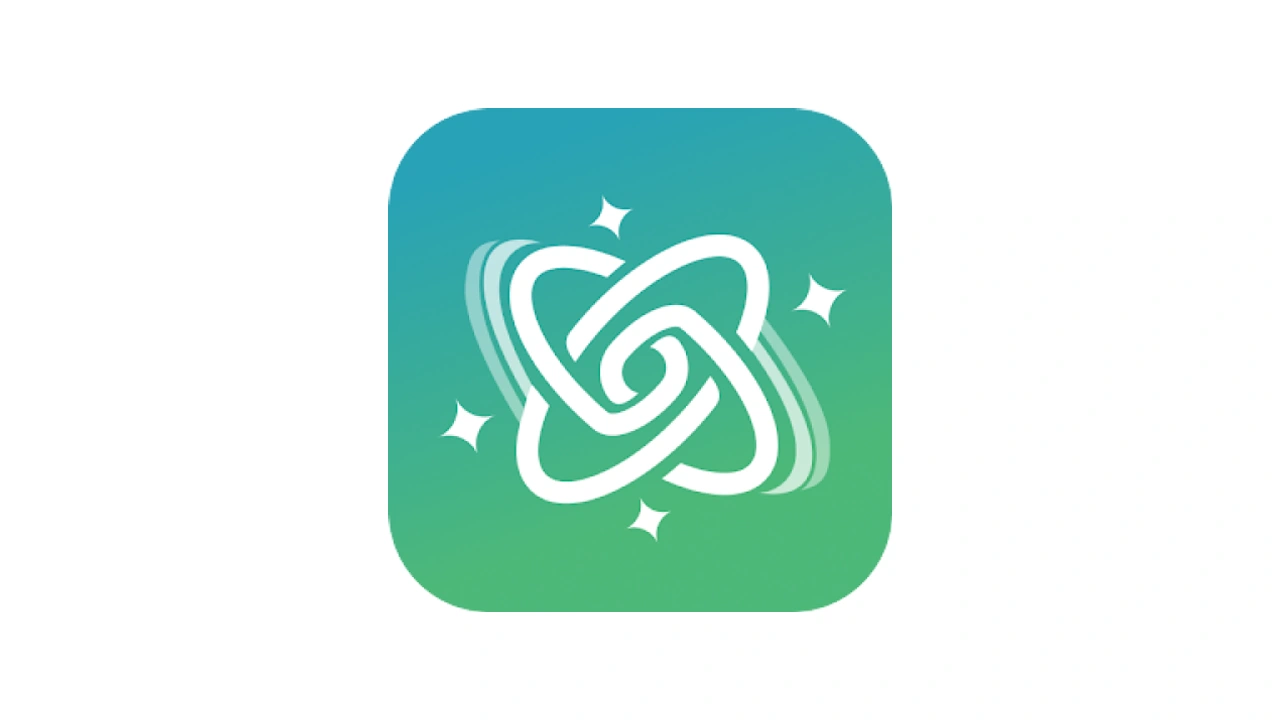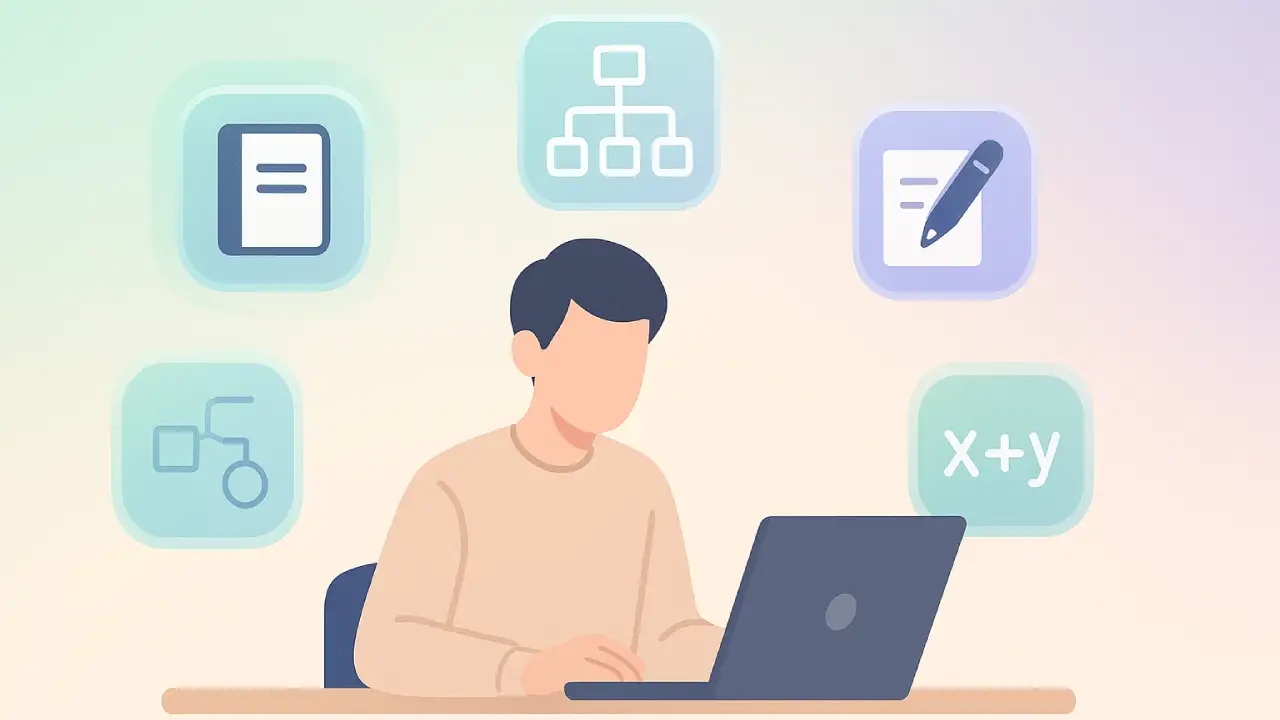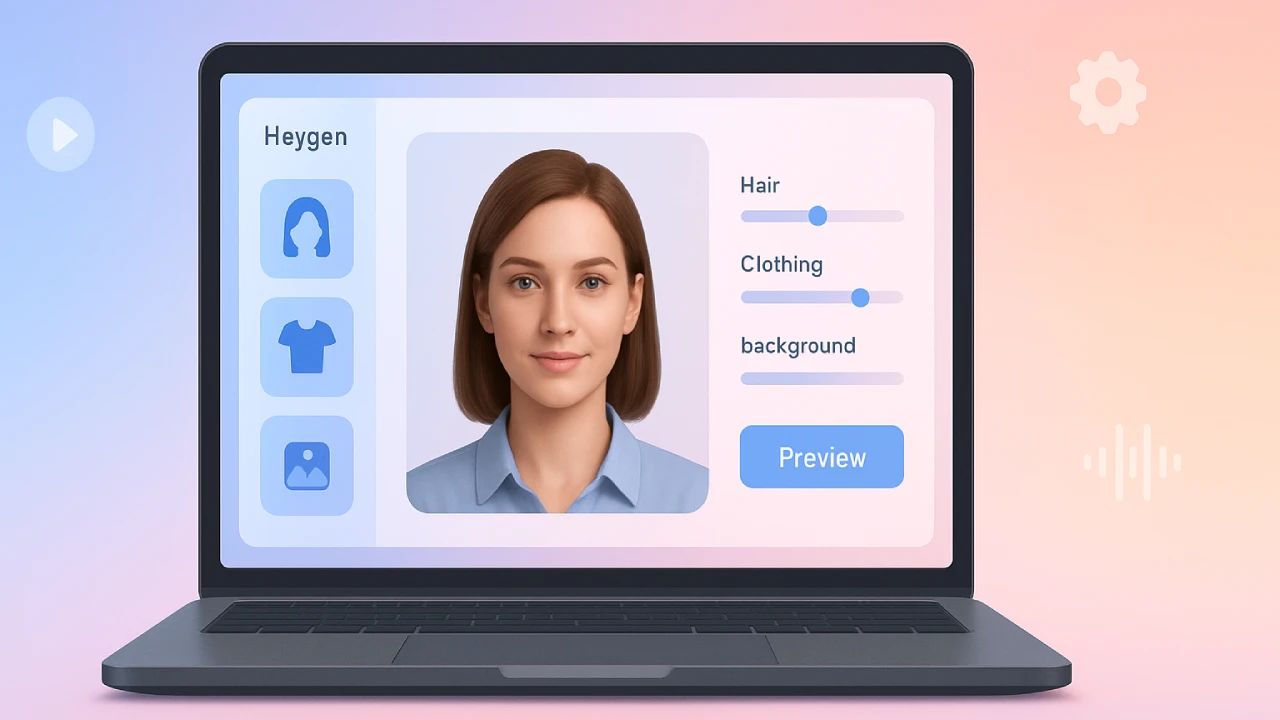ARIIS AI Railway Robot in Dubai Metro saves 75% inspection time, reduces maintenance costs by 25%, and improves safety with autonomous, real-time AI-powered diagnostics.
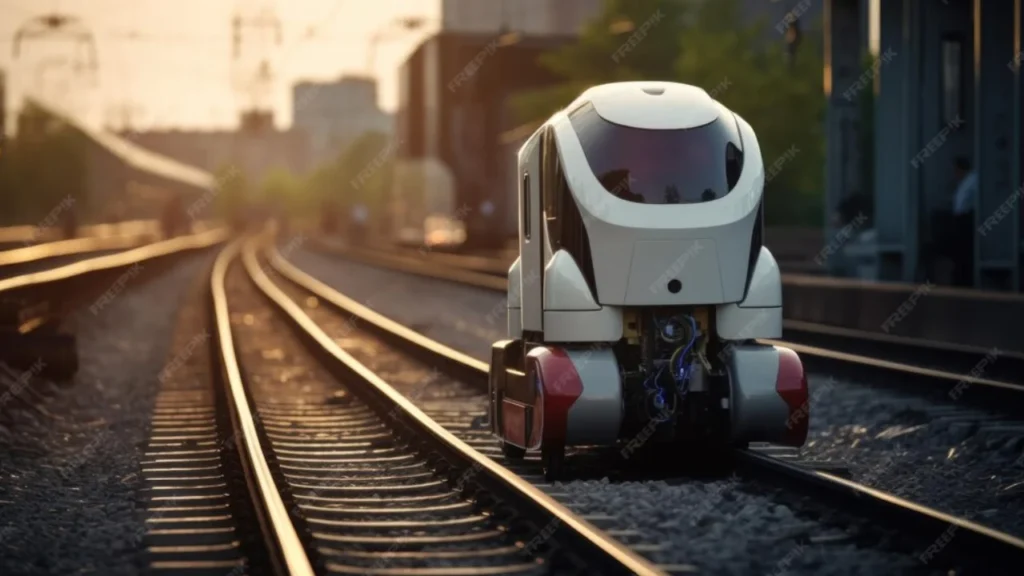
Dubai’s AI-powered train maintenance system ARIIS is revolutionizing the metro network’s inspection and maintenance processes. ARIIS, developed by Dubai’s Roads and Transport Authority (RTA), employs powerful artificial intelligence, lasers, and 3D sensors to inspect tracks automatically, increase safety, reduce expenses, and save thousands of human working hours.
What Is ARIIS?
ARIIS stands for Automated Railway Infrastructure Inspection System. It is a robotic platform outfitted with powerful LiDAR sensors, lasers, and 3D cameras capable of scanning tracks and tunnels without interfering with passenger services.
Instead of depending on human inspectors to stroll along the tracks during the day, ARIIS conducts autonomous inspections overnight. This ensures that maintenance does not disrupt metro schedules and that every inspection is precise, uniform, and data-driven.
How ARIIS Works
The system brings together robotics, AI, and predictive maintenance in one platform:
- High-precision scanning – LiDAR and 3D cameras capture every detail of the rails and surrounding infrastructure.
- Autonomous operation – Inspections are conducted during nightly maintenance windows, avoiding disruption.
- AI-powered analytics – The robot sends collected data to algorithms that detect cracks, wear, or misalignments.
- Control center integration – Data syncs with RTA’s operations hub, supporting proactive decision-making.
- Predictive maintenance – Instead of fixing problems after they occur, ARIIS enables early interventions.
This combination creates a smart inspection cycle where issues are spotted before they turn into costly or dangerous failures.
Key Features and Benefits
1.Massive Time Savings
ARIIS cuts periodic inspection time by 75%.
- Manual inspections that once took around 2,400 hours yearly now take only 700 hours.
2.Cost Reduction
- Predictive insights help reduce maintenance costs by up to 25%.
- Extends the lifespan of rail infrastructure, saving money in the long run.
3.Smarter Resource Use
- AI-based real-time analytics improve planning and resource allocation by 40%.
- Fewer emergency interventions mean more stable operations.
4.Safety & Reliability
- Manual inspection is reduced by 70%, keeping staff out of risky conditions.
- Condition assessment accuracy improves by 40%, leading to more reliable metro services.
- Faster detection of issues means fewer delays and higher passenger safety.
ARIIS vs Traditional Methods
| Factor | Traditional Inspections | ARIIS AI System |
|---|---|---|
| Downtime | Requires halting trains for checks | Runs at night, no service disruption |
| Time Spent | 2,400+ hours per year | 700 hours per year (75% faster) |
| Safety | High human involvement | 70% fewer manual inspections |
| Maintenance | Reactive and scheduled | Predictive and proactive |
| Costs | Higher over lifecycle | 25% savings through proactive care |
| Reliability | Risk of emergency failures | Improved uptime and smoother operations |
Why ARIIS Matters
Dubai Metro is one of the most popular public transportation networks in the region. Every inconvenience affects thousands of commuters. ARIIS ensures seamless passenger service, reduces operating expenses, and coincides with Dubai’s smart city concept.
This AI-powered system highlights how cities may leverage automation to improve infrastructure resilience, safety, and sustainability. ARIIS is more than just trains; it is about demonstrating that AI can operate large-scale public infrastructure better than humans can.
Future Plans
- Phased rollout: Currently active on select metro lines, with plans to cover the entire Dubai Metro after testing.
- Expansion to other transport: Authorities are studying its use in trams and potentially other infrastructure.
- Smart city integration: ARIIS fits into Dubai’s larger AI roadmap, where predictive and autonomous systems manage critical assets.
Final Take
Dubai’s ARIIS is more than just a railway tool; it represents a template for the future of smart cities. By merging AI, robots, and predictive insights, it saves time, reduces costs, enhances safety, and provides dependable service to millions of people.
As Dubai develops ARIIS throughout its metro area and beyond, other global cities may look to this concept as the gold standard for next-generation railway and urban infrastructure management.

